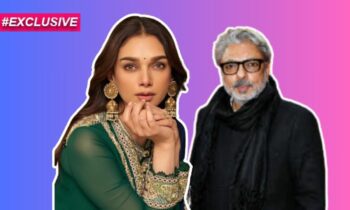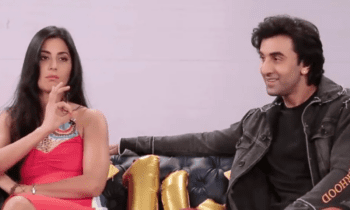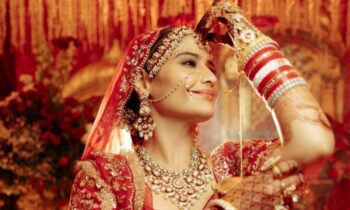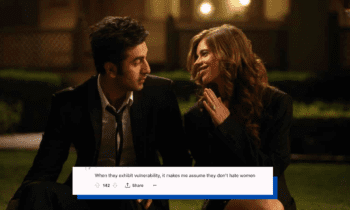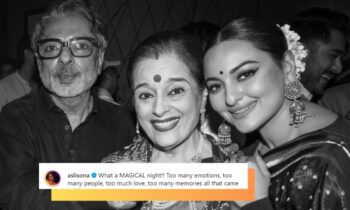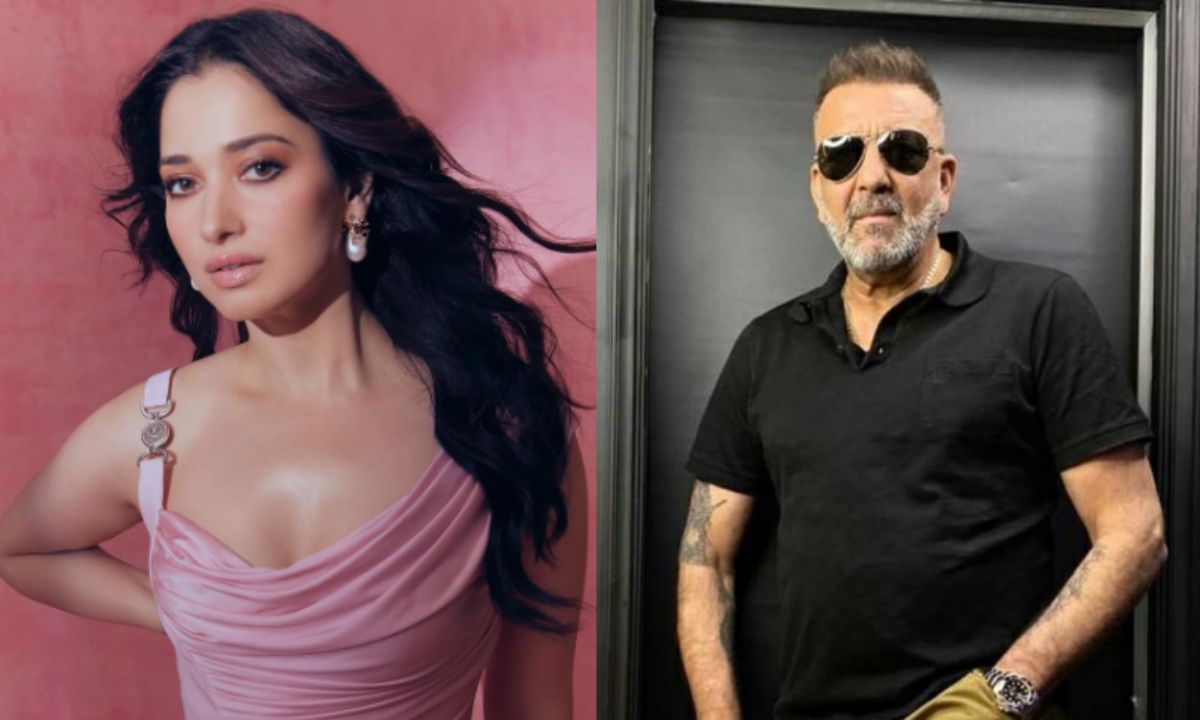Fair And Lovely Is All Set To Get Rebranded To Make It More Inclusive. But It’s Made Money Off People’s Insecurities For Years. This Isn’t Enough
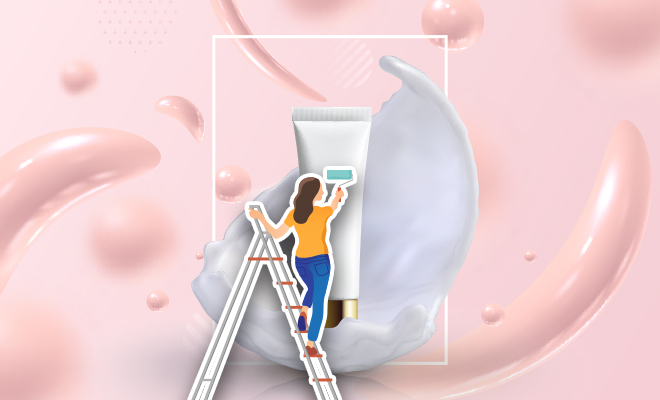
India is a country full of brown people with an unhealthy obsession with fair skin. Here, “fair” is synonymous with “beautiful” and if you think I am wrong then, you are on the wrong side of history right now. You know personally, I am loving this revolution that is taking place around the world. Why? Because in my 23 years, I have faced enough discrimination living in India because of my dusky skin to know that it sucks. Even if I hadn’t, I would still understand it.
Here in India, we have a long-standing habit of sweeping our own problems under the rug and pointing the finger at others. However, it’s time we use the ice-breaker the BLM movement has provided us with and talk about colourism that has spread like a plague throughout our society because it has gone unchecked for decades. Now, it is so rampant that I don’t know one dusky-skinned girl (myself included) who hasn’t been told to use a “fairness cream” at least once. In my personal experience, conclusions were quickly that about my complexion and I was never considered throughout my school life because that’s how insecure I was made to feel by my peers, teachers and most importantly my family members.
Though today might be a small win for us all who have been subjected to this type of blatant discrimination. Well, half a win at best, but it’s still something. It seems like all this uproar about fairness creams has finally paid off (a little) because the Unilever unit of India has announced that it will be dropping the word “Fair” from its ‘Fair and Lovely’ range of products.
A change in name can only be treated as the beginning of a conversation and not the end to a much larger issue of India's colourism. #FairandLovely @theotherbose writes. https://t.co/3m4cXHc1jg
— News18.com (@news18dotcom) June 25, 2020
As we all know that Fair and Lovely has been receiving backlash and criticism for a very long time for perpetuating stereotypes against dark-skinned people. We all remember the infamous advertisements where a girl is unhappy and unsuccessful with her dusky skin and when she applies the product, she has job offers thrown at her, finds a boyfriend and gets whatever is the measure of success. For the longest time, they sold it with a “fairness meter” so you could measure your improvement. I think they deserved all the criticism they got and more.
Obviously, this change comes as no surprise since they have been receiving a lot more backlash on social media in the wake of the BLM movement.
Sanjiv Mehta, chairman and managing director of HUL said, “We are making our skincare portfolio more inclusive and want to lead the celebration of a more diverse portrayal of beauty. In 2019, we removed the cameo with two faces as well as the shade guides from the packaging of Fair & Lovely and the brand communication progressed from fairness to glow which is a more holistic and inclusive measure of healthy skin. These changes were very well received by our consumers. We now announce that we will remove the word ‘Fair’ from our brand name Fair & Lovely. The new name is awaiting regulatory approvals, and the pack with the revised name will be available in the market in the next few months.”
As I said, this is only half a win at best. The reason I say this is simple, HUL should just discontinue this product if they wanted to show their solidarity with the movement. But instead, they choose to rebrand the fairness product. Mind you, it’s still going to be on shelves, gently coaxing you to listen to the evil voice in your head that tells you, you are not good enough. The million-dollar question is- is this move enough?
Also Read: This Indian Matrimonial Website Had A Skin Tone Filter Which They Took Off After A Backlash. One Brand Won’t Make A Fairness Line. This Is Good News
We’re committed to a skin care portfolio that's inclusive of all skin tones, celebrating the diversity of beauty. That’s why we’re removing the words ‘fairness’, ‘whitening’ & ‘lightening’ from products, and changing the Fair & Lovely brand name.https://t.co/W3tHn6dHqE
— Unilever (@Unilever) June 25, 2020
They announced this major change through a tweet that read. “We’re committed to a skincare portfolio that’s inclusive of all skin tones, celebrating the diversity of beauty. That’s why we’re removing the words ‘fairness’, ‘whitening’ & ‘lightening’ from products, and changing the Fair & Lovely brand name.”
These products were marketed in a certain way because everyone in South-Asia was looking for skin-whitening products. But since people have started to question the stereotype more often, they have now (after all these decades) decided to change the focal point of their fairness products. I should remind you this is the same company whose Wikipedia page reads that an HUL research showed that, “90 per cent of Indian women want to use whiteners because it is aspirational, like losing weight. Fair skin is, like education, regarded as a social and economic step up.”
Forgive me then if I sound a little skeptical. I am just trying my best to figure out whether removing a few words form the description will reverse all the damage this product has done to women over the years. Or is this to save the brand from a public relations debacle.
This morning, Fair and Lovely was trending on Twitter and netizens were calling for a ban and boycott of the brand. Scrolling through I found a very interesting thread posted by award-winning journalist and author Poorna Bell.
Also Read: Advertising Fairness Creams Will Now Attract A Penalty. It’s A Great Move But There Are So Many Loopholes That Can Be Exploited
So upset at this. Fair & Lovely, the skin lightening cream, owned by Unilever has this on their website: "Throughout its history, Fair & Lovely has inspired women to go for their dreams." HOW can you claim to support women when you promote colourism?
— Poorna Bell (@poornabell) June 24, 2020
Her tweet read, “So upset at this. Fair & Lovely, the skin lightening cream, owned by Unilever has this on their website: “Throughout its history, Fair & Lovely has inspired women to go for their dreams.” HOW can you claim to support women when you promote colourism?”
She has started a petition asking HUL to take Fair and Lovely products off their shelves, which is awesome. But what struck me harder were the personal stories that women had posted on that thread. They were talking about how fairness creams and Fair and Lovely products, in particular, had made their lives miserable.
Check out some of the tweets from these women:
The amount of times this cream was given to me 😭
— Shehla Ali (@ali_shehla) June 24, 2020
I used to try and clean my skin in the bath as a child. Definitely needs to be banned
— Priya Tew (@PriyaTew) June 24, 2020
Oh god I can still remember the smell of this being slapped all over me 😫 it needs to be banned already! Xx
— Farah Pop 💫 (@farahpopxo) June 24, 2020
I also got a lot of “it’s a good job you’re a dr, because no one will marry you based on your looks OR your colour.” 🙄🤯
Hearing that when you’re a vulnerable teenager is soul destroying.
— Cue the eye roll 🙄 (@nivjena) June 24, 2020
I remember as a kid that I would slather myself in this kid because it was what my aunties and uncles had bashed into me. The damage that skin has done on not only my skin but also my worth is incredible.
— Anika Hussain (@huanika) June 24, 2020
After reading all those stories and I am sure you have heard loads more, do you really think that tweaking the description of the product is going to simply take away years of feeding on the insecurity of people? We certainly don’t think so.
Maybe this is the start of a longer conversation or maybe it’s too little and too late. Only time will tell.
https://thehauterfly.com/lifestyle/women-of-colour-are-taking-up-the-voguechallenge-and-putting-up-pictures-of-themselves-on-magazine-covers-as-a-war-cry-for-inclusivity-we-love-this/






